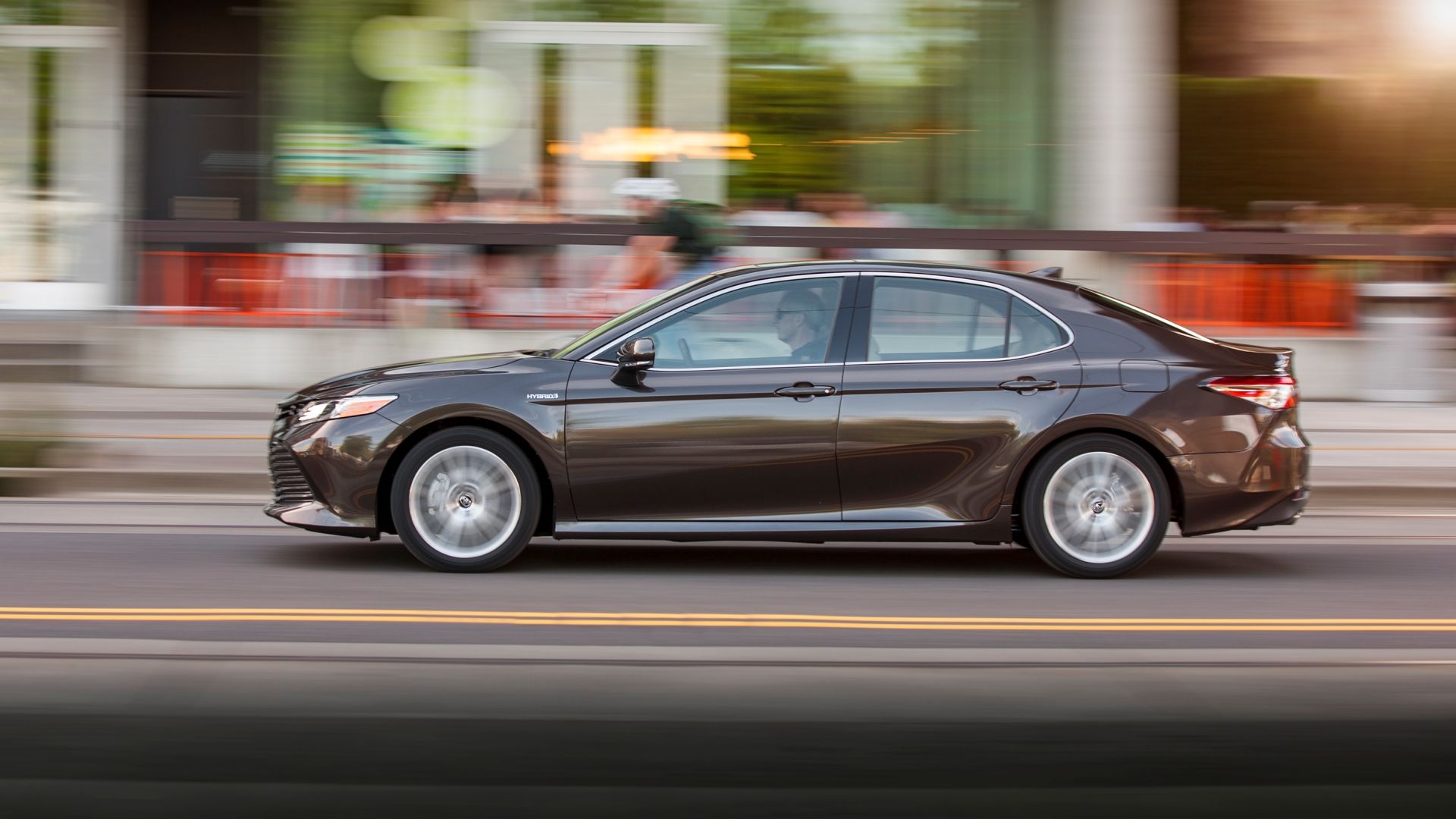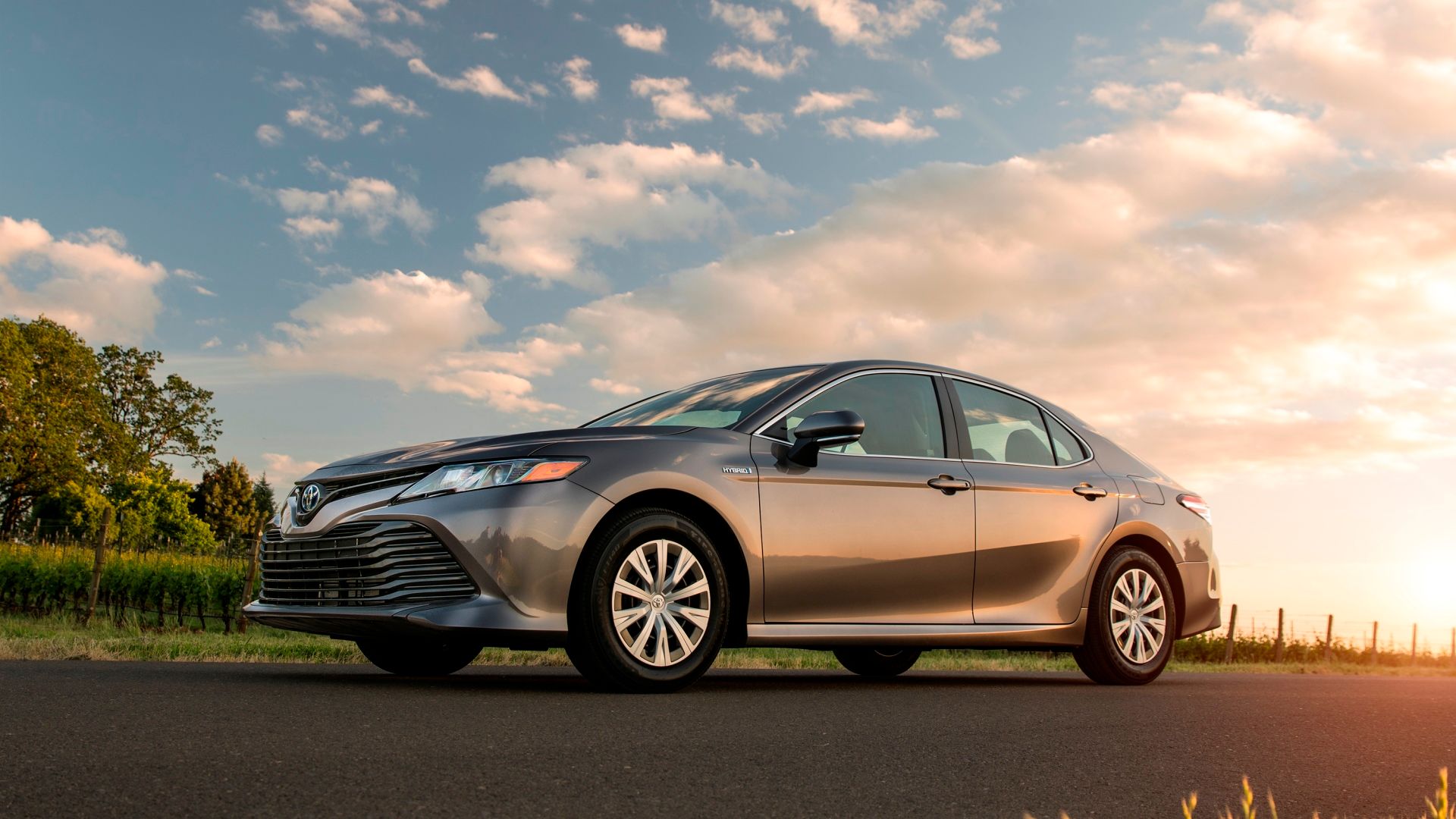
Hybrid cars are becoming increasingly popular in the new car market because they benefit from low fuel consumption and maintenance costs. Opting for a hybrid is also a great means of
transitioning to full electric vehicle ownership
at a later stage, as it gives you some EV experience without having to forgo the convenience of an ICE altogether. The issue that many potential buyers struggle with today is the high purchase prices. Thankfully, hybrids tend to be
fairly sensible vehicle options
, as they benefit from improved value retention and long-term reliability. For this exact reason, there’s a lot of value you can enjoy by browsing through the used car catalogs for an option with proven reliability.
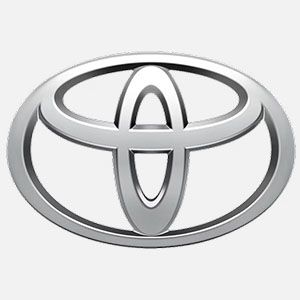
- Base Trim Engine
-
2.5L Inline-4 Hybrid
- Base Trim Transmission
-
Continuously Variable Automatic (CVT)
- Base Trim Drivetrain
-
Front-Wheel Drive
- Base Trim Horsepower
-
208 hp
- Base Trim Torque
-
163 lb-ft @ 3600 rpm
If you want to maximize the level of long-term reliability of a hybrid car, the best decision you can make is to consider an option from Toyota. This Japanese brand enjoys a
long-standing reputation in the hybrid and reliability segments
thanks to decades of ingenious engineering that focuses on the best efficiency and structural integrity. One particular model, with a longstanding reputation in the U.S., stands out as the best option just based on the impressive reliability ratings it earns from several trusted reviewers and publications. This midsize sedan benefits from a simple but effective powertrain with a proven track record and substantial warranty coverage.
To give you the most up-to-date and accurate information possible, the data used to compile this article was sourced from Toyota and other authoritative sources, including J.D. Power, the EPA, the NHTSA, the IIHS, and Edmunds.
The 2020 Toyota Camry Hybrid Covers 686 Miles On A Tank
The 2020 Toyota Camry Hybrid returns highly favorable EPA fuel consumption estimates. The front-wheel-drive LE is the most efficient model, returning a 51/52/52 MPG consumption result on the city/highway/combined cycle, with a 686-mile range claim from the 13.2-gallon tank. This makes it the champion of hybrid efficiency for the entirety of 2020. The EPA also indicates that this will save you up to $4,000 in fuel costs every five years and costs $1.53 to drive every 25 miles.
2020 Toyota Camry EPA-Estimated Range And Efficiency
|
LE FWD |
FWD SE/XLE/XSE |
|
|
Range |
686 Miles |
607 Miles |
|
Fuel Economy (City) |
51 MPG |
44 MPG |
|
Fuel Economy (Highway) |
53 MPG |
47 MPG |
|
Fuel Economy (Combined) |
52 MPG |
46 MPG |
The rest of the trims are fractionally less frugal, with the EPA indicating that it returns a 44/47/43 MPG result with a 607-mile range claim and suggests that this will save you up to $3,250 in fuel costs every five years and cost $1.73 to drive every 25 miles. For reference, the most efficient
current-generation Toyota Prius
returns a 57/56/57 MPG consumption result while converting 644 miles on a single tank from its 11.3-gallon tank.
The car is virtually trouble-free (did have to replace front carpeting under warranty). 46 MPG around town, 50 MPG on the highway. If you’re thinking about a Prius, the Camry Hybrid is a lot more car for only slightly more money.
– 2020 Toyota Camry Hybrid owner via Edmunds
How This Compares To The 2025 Camry’s Range
As per the EPA’s official fuel consumption estimates for the 2025 Toyota Camry, the front-wheel-drive LE is the most efficient model, returning a 53/50/51 MPG consumption result on the city/highway/combined cycle with a 663-mile range claim from the 13-gallon tank. It also indicates that this will save you up to $4,000 in fuel costs every five years and costs $1.59 to drive every 25 miles. Specifying the optional all-wheel-drive system changes the consumption returns to 51/49/50 MPG and decreases range to 650 miles. Fuel savings and costs remain more or less the same, except for the 25-mile figure, which increases to $1.57.
2025 Toyota Camry EPA Fuel Consumption Estimates
| FWD LE | AWD LE | FWD SE/XLE/XSE | AWD SE/XSE | AWD XSE | |
| Gas Consumption (city/highway/combined) | 53/50/51 MPG | 51/49/50 MPG | 48/47/47 MPG | 46/46/46 MPG | 44/43/44 MPG |
| Range | 663 Miles | 650 Miles | 611 Miles | 598 Miles | 572 Miles |
| Five-Year Fuel Savings | $3,750 | $3,750 | $3,500 | $3,250 | $3,250 |
| Annual Fuel Cost | $950 | $950 | $1,000 | $1,050 | $1,050 |
| Cost To Drive 25 Miles (EV/Gas) | $1.54 | $1.57 | $1.68 | $1.71 | $1.79 |
| Cost To Fill The Tank | $41 | $41 | $41 | $41 | $41 |
| Tank Capacity | 13 Gallons | 13 Gallons | 13 Gallons | 13 Gallons | 13 Gallons |
The front-wheel-drive SE, XLE, and XSE models all share the same 48/47/47 MPG consumption estimates and 611-mile range figure. You can expect to save $3,500 over five years, spend $1,000 on fuel every year, and $1.68 every 25 miles. The all-wheel-drive SE and XSE return 46/46/46 MPG and cover 598 miles on a single tank. The all-wheel-drive XSE is the least frugal model, but this is only by a fractional amount. The EPA indicates that it returns a 44/43/44 MPG result with a 572-mile range claim and suggests that this will save you up to $3,250 in fuel costs every five years and cost $1.84 to drive every 25 miles.
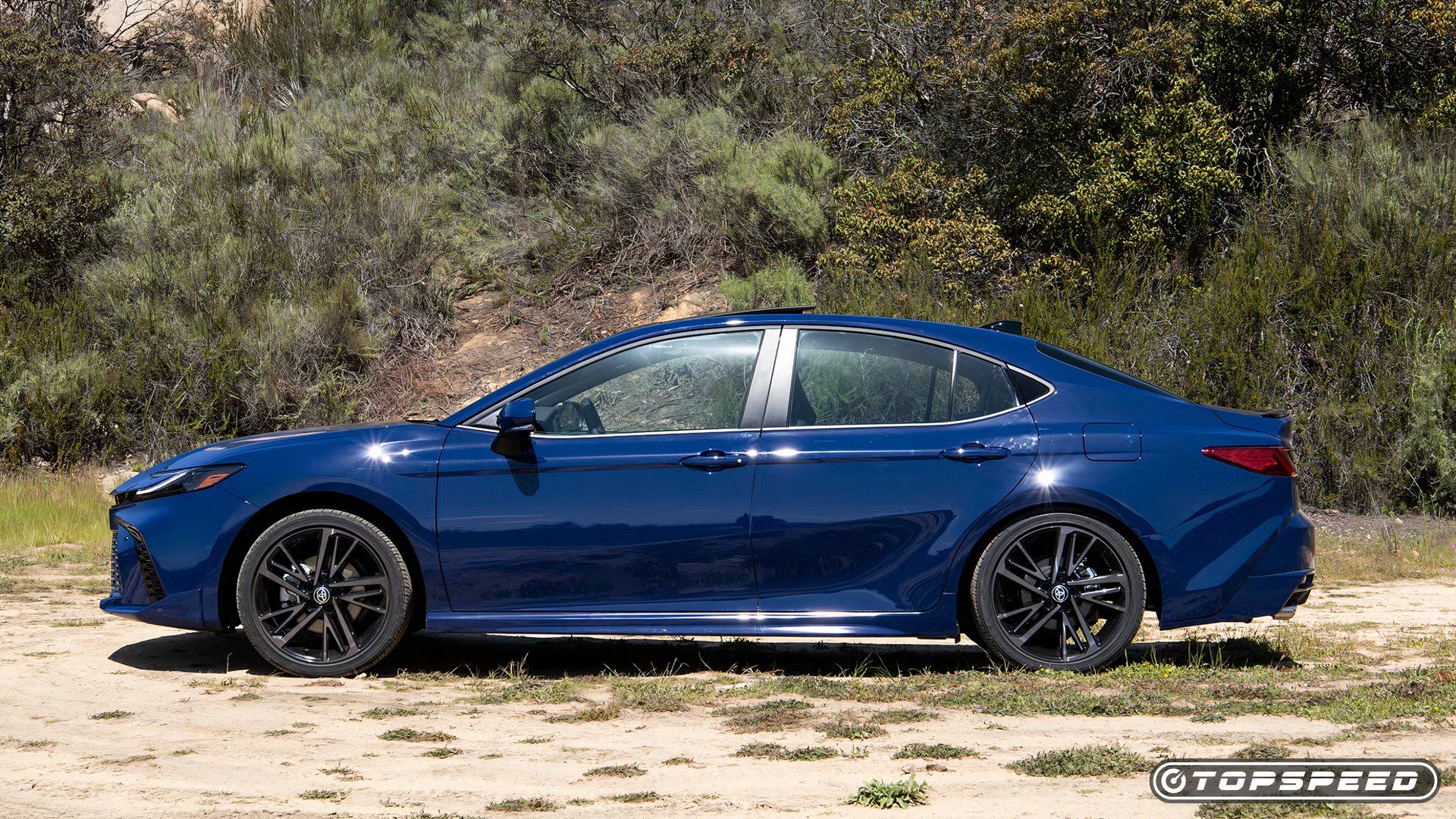
Related
The Toyota Hybrid Sedan That Outsold The Prius Twins In Q1 2025
The Prius hatch fails to match its midsize counterpart’s impressive market performance.
It Is Available For As Low As $18,985
J.D. Power indicates that you can pay as much as $19,025 and $29,023. According to the Edmunds True Cost to Own calculator, the Camry loses $11,098 in value over five years, which isn’t a bad result for the midsize hybrid sedan segment. More premium alternatives lose more than this within the first year of ownership.
|
Year 1 |
Year 2 |
Year 3 |
Year 4 |
Year 5 |
Total |
|
|---|---|---|---|---|---|---|
|
Insurance |
$1,423 |
$1,466 |
$1,510 |
$1,555 |
$1,602 |
$7,556 |
|
Maintenance |
$654 |
$800 |
$265 |
$1,802 |
$1,316 |
$4,837 |
|
Repairs |
$407 |
$477 |
$557 |
$652 |
$761 |
$2,854 |
|
Taxes & Fees |
$1,923 |
$185 |
$172 |
$152 |
$141 |
$2,573 |
|
Financing |
$1,517 |
$1,228 |
$916 |
$576 |
$210 |
$4,447 |
|
Depreciation |
$3,088 |
$2,035 |
$2,956 |
$1,824 |
$1,195 |
$11,098 |
|
Fuel |
$1,354 |
$1,394 |
$1,436 |
$1,479 |
$1,523 |
$7,186 |
|
True Cost to Own® |
$10,366 |
$7,585 |
$7,812 |
$8,040 |
$6,748 |
$40,551 |
When new, the 2020 Toyota Camry Hybrid’s pricing started at $28,430 for the base LE derivative, which means that the range benefits from a really impressive value retention rate that outperforms most of its rivals in the segment. Just based on reliability ratings and depreciation rates alone, the Toyota Camry Hybrid outperforms both the
Honda Accord Hybrid
and
Hyundai Sonata Hybrid
by a fairly noteworthy margin.
Understanding The Camry’s Success In The U.S.
- The Toyota Camry Hybrid blends fuel efficiency with the familiar comfort of the Camry, appealing to eco-conscious buyers who don’t want to compromise on space or comfort.
- Toyota’s strong reputation for reliability has made the Camry Hybrid a trusted choice for American families, commuters, and fleet owners alike.
- The Camry Hybrid stands out with competitive fuel economy in the midsize sedan segment, making it an attractive option during times of high fuel prices in the U.S.
- Toyota built on the Camry’s decades-long dominance in the sedan market, transferring that success to the hybrid variant to maintain a loyal customer base.
- Its hybrid technology has been refined over years of innovation, with the Camry Hybrid offering seamless transitions between electric and gas power, creating a smooth driving experience.
- The Camry Hybrid fits into Toyota’s strategy of offering electrified options without sacrificing the brand’s hallmark durability, helping the company secure a strong foothold in the American hybrid market.
The 2020
Toyota Camry Hybrid
is the highest-rated used gasoline-electric hybrid car offering that you can buy. The drivetrain consists of the brand’s Earth Dream engine technology and celebrates an amazing reputation for dependability and affordability. J.D. Power gave the 2020 model a Great 82/100 Quality and Reliability rating, together with a 77/100 score for the driving experience and 83/100 for resale, resulting in an 80/100 overall score.
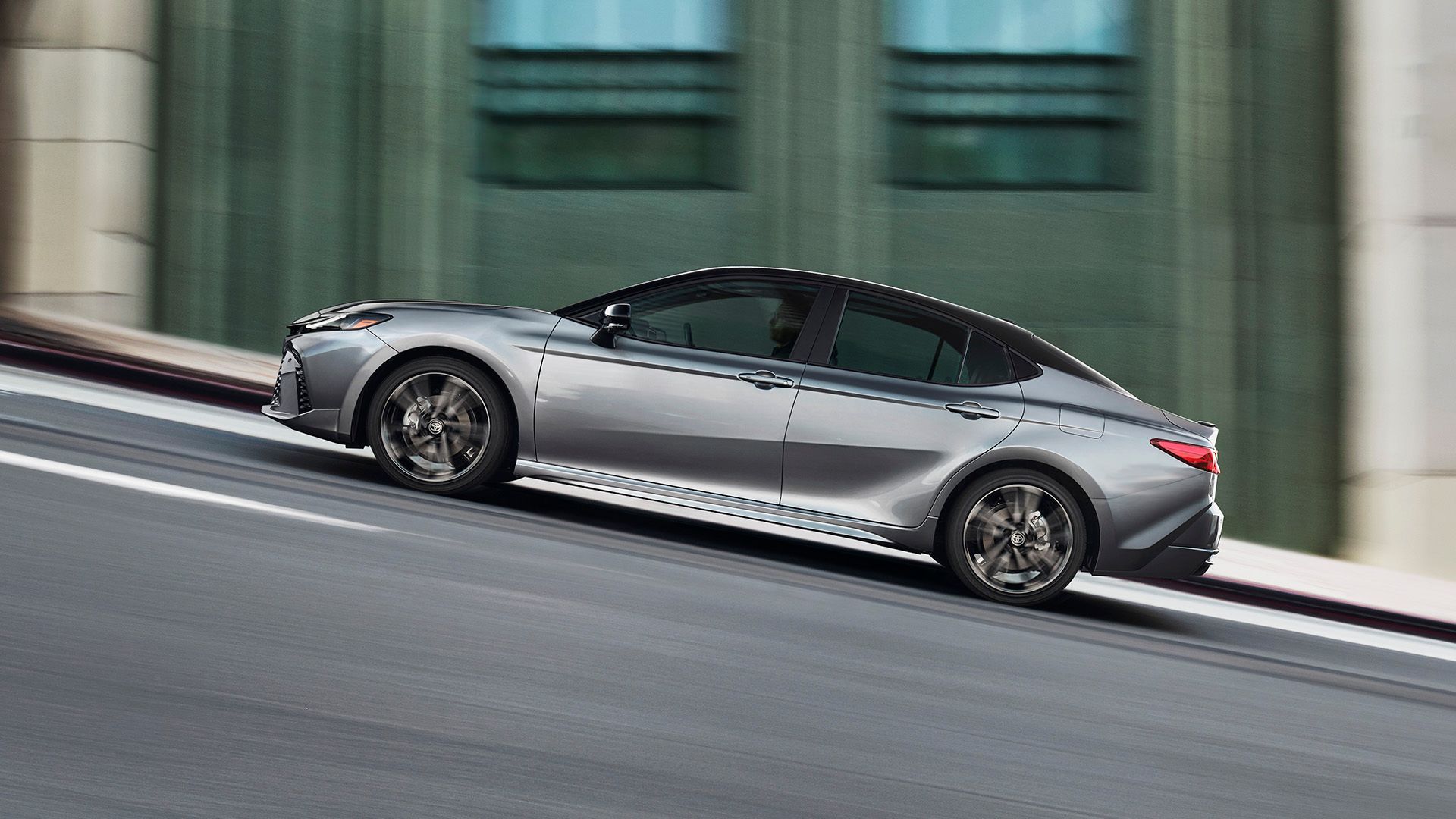
Related
Most Expensive Lease Deal On The Wrong Side Of Luxury In April 2025
This is one of the more expensive non-luxury hybrid cars that you can lease.
It Produces 208 Horsepower
The 2020 Toyota Camry features a 2.5-liter four-cylinder engine and one permanent-magnet motor driving the front wheels via a direct-drive eCVT system. The result is a combined 208 horsepower output at 5,700 RPM. Toyota doesn’t disclose combined torque figures, but it confirms that the powertrain twists 163 pound-feet. Electrical energy is stored in a 1.0 kWh lithium-ion battery pack.
Toyota Camry Hybrid Specifications
|
Powertrain |
2.5-Liter Four-Cylinder And One Permanent-Magnet Motor |
|
Horsepower |
208 HP @ 57000 RPM |
|
Torque |
163 LB-FT @ 5,200 RPM |
|
Transmission |
Single-Speed Direct-Drive eCVT |
|
Battery |
1.0 kWh Net |
|
0-60 MPH |
8.0 Seconds |
|
Top Speed |
115 MPH |
Toyota doesn’t declare the model’s performance capabilities, but independent reviewers prove that the front-wheel-drive model can cover 0-60 MPH in around eight seconds. The brand caps the model’s top speed at 115 MPH. Toyota opted to forgo an all-wheel drive system for this generation of the Camry, but a dual-motor configuration is available for the hybrid-only current-generation range.

